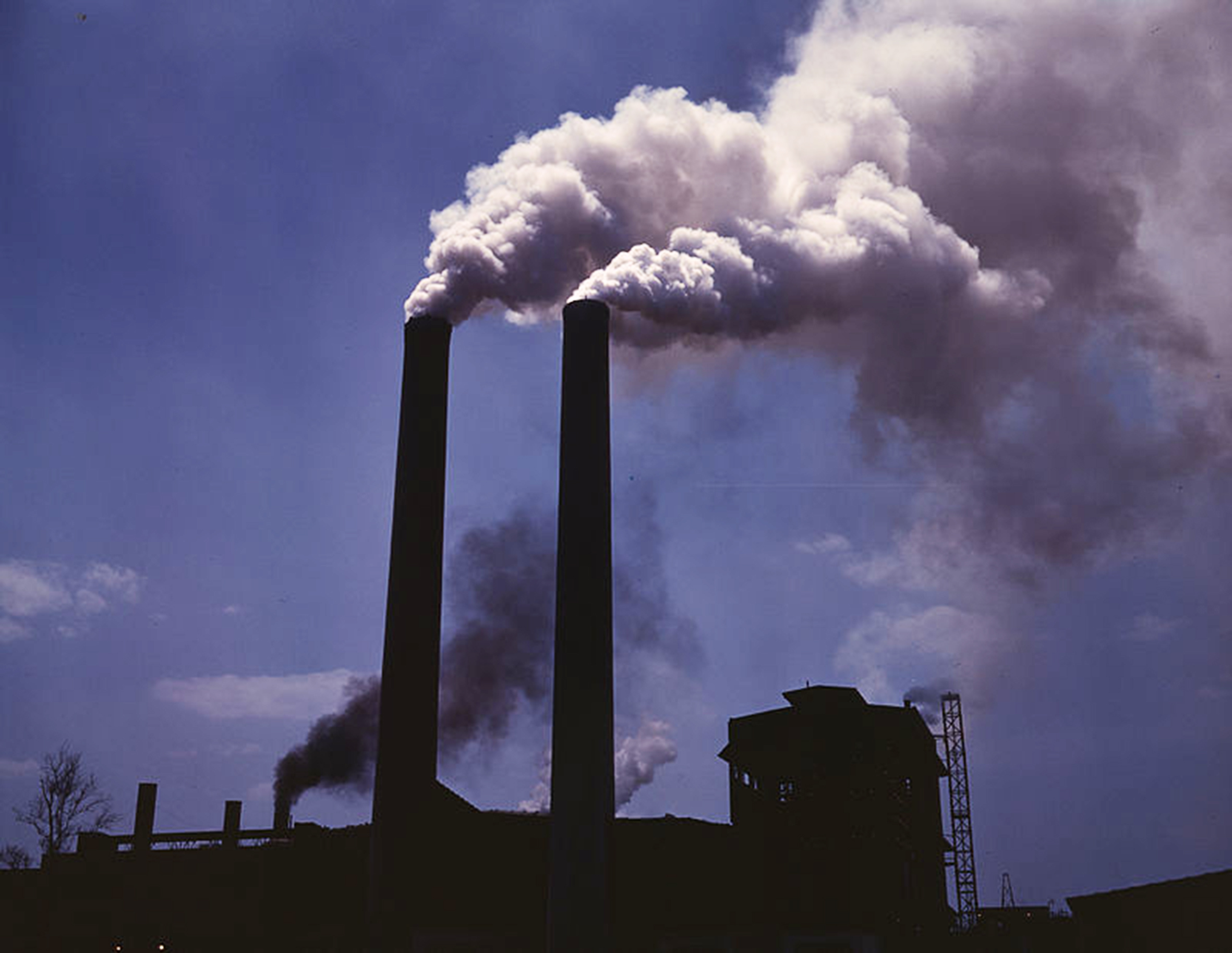


According to a research presented at Heart Failure 2023, the European Society of Cardiology’s scientific conference, heart failure patients are more likely to pass away from their condition on polluted days and for up to two days afterwards. “The findings indicate that reducing air pollution has the potential to prevent worsening heart failure,” said study author Dr Lukasz Kuzma of the Medical University of Bialystok, Poland.
The World Health Organisation (WHO) claims that air pollution is the single greatest environmental risk to human health. Worldwide, it is anticipated that ambient air pollution would result in 4.2 million preventable deaths in 2019.The current study’s authors earlier discovered that increases in particulate matter were linked to an increase in heart failure hospitalisations and looked into the connection between smog exposure and heart failure-related short-term mortality. The participants served as their own controls in a time-stratified case-crossover study design that the researchers adopted. This removed the potential impact of individual features that could have caused confusion. For each participant, pollutant levels on the day a death occurred were compared with pollutant levels on the same day of the week with no deaths in the same month. The analyses were repeated for pollution levels one day and two days before death took place. All analyses were adjusted for factors that could influence the relationships including the time of year, day of the week, weather conditions and long-term trends such as population demographics.
Over the course of the five-year study, 87,990 deaths were reported, of which 7,404 were attributable to heart failure. 49% of the heart failure fatalities were female, with an average age of 74. Winter saw the most number of deaths, while summer saw the fewest. One and two days after exposure to smog, comparable risks of dying from heart failure were seen. Dr Kuzma concuded, “The results suggest that pollution continues to exert negative effects on heart health for two days after smog exposure. Patients with heart failure should minimise their time in polluted areas by avoiding outdoor activities in places with dense traffic or when pollution levels are high, and using air filters at home. In addition, patients can advocate for policies and actions to improve air quality in their communities.”